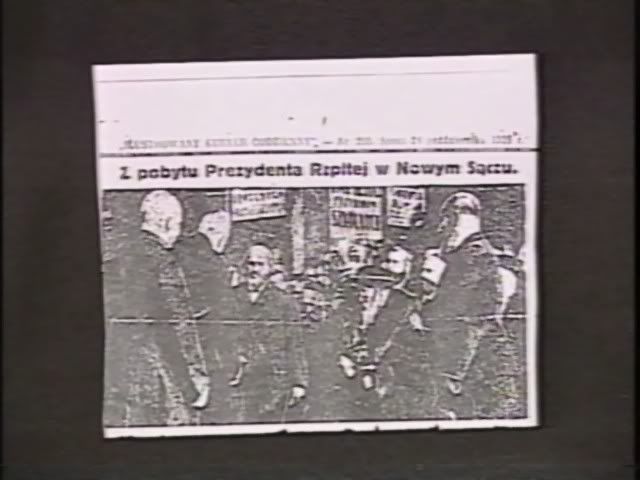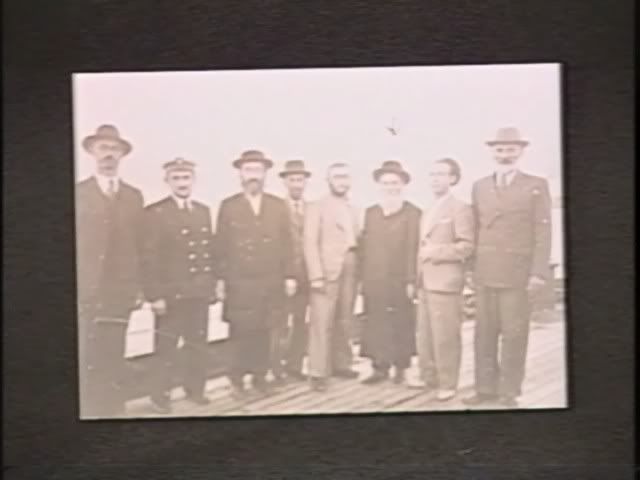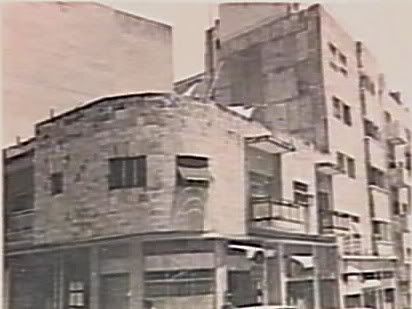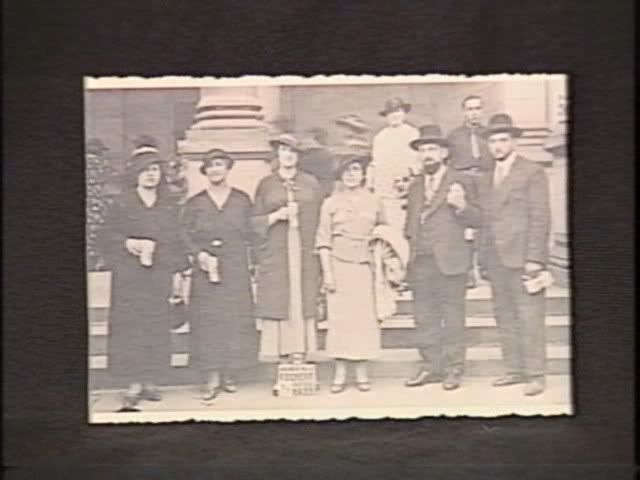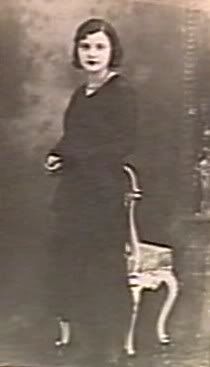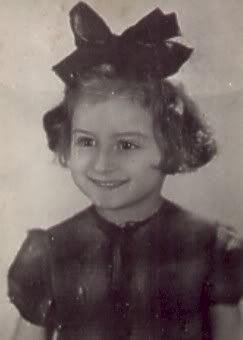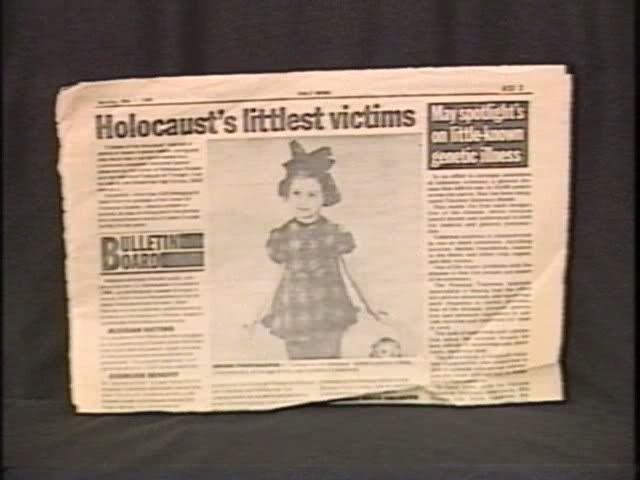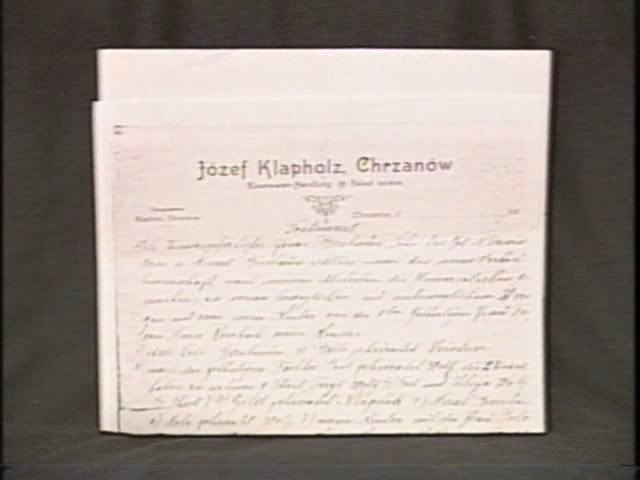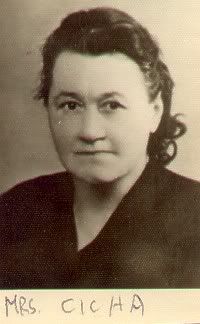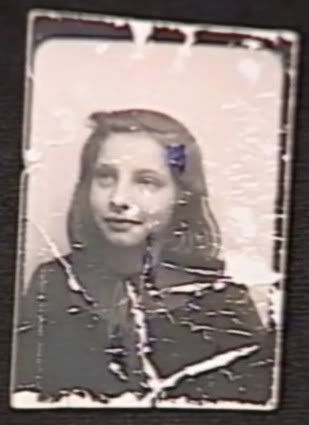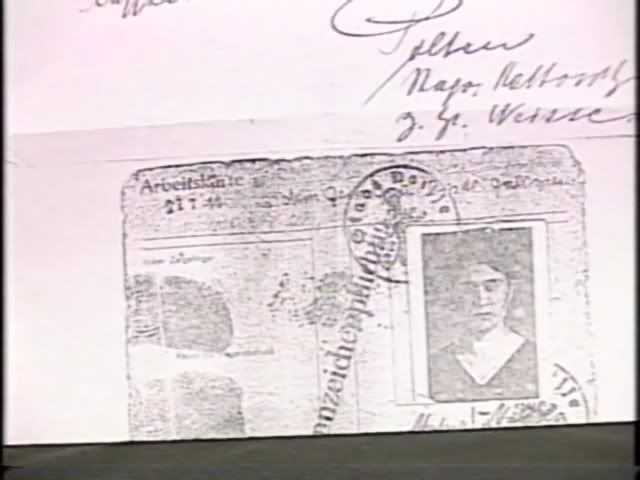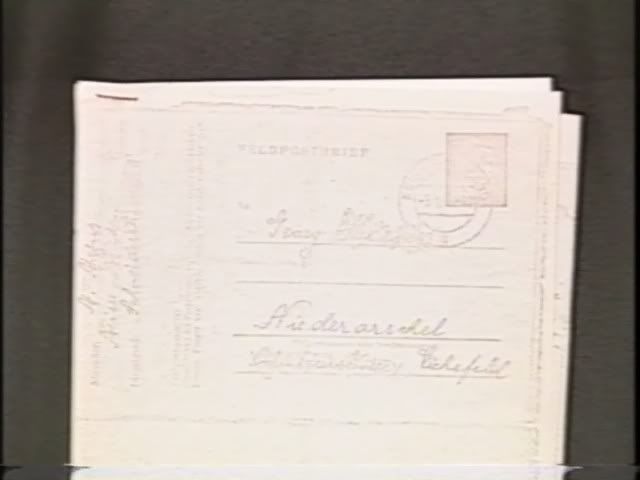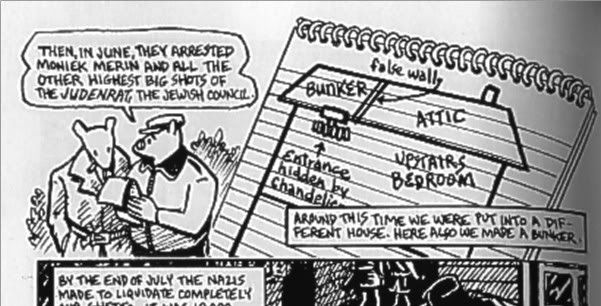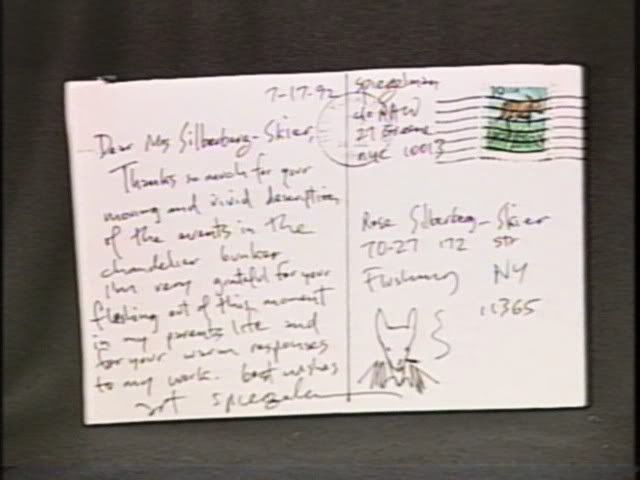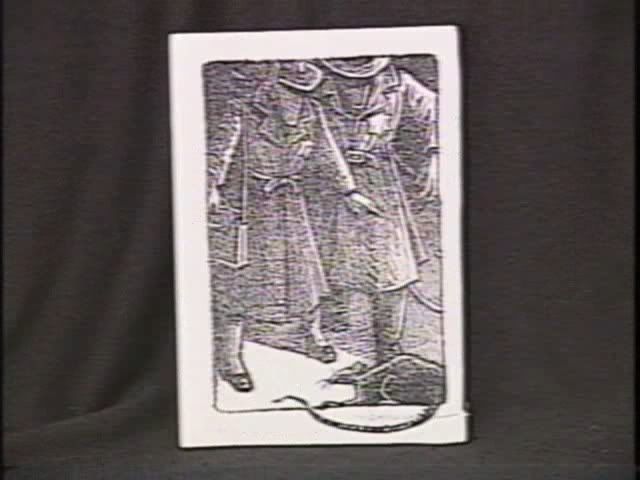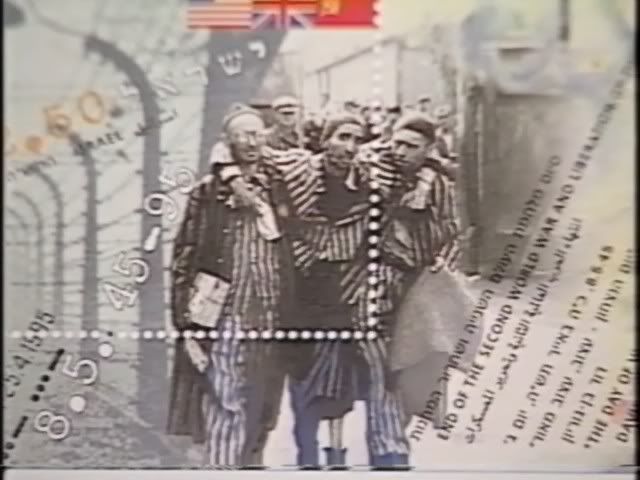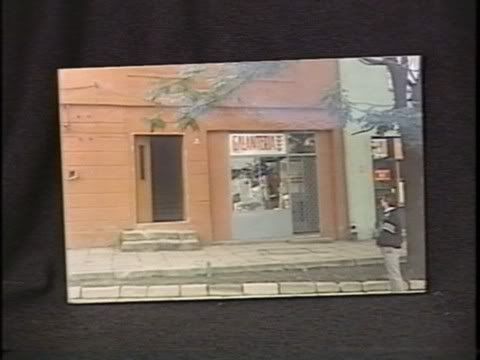Epilogue
Rose Silberberg Skier: My kids say that it has a great effect. I don’t see it. But they say, “Mommy, you hover over us. You’re scared. You cross us at age 18, you take my hand...” I do it automatically. I take my daughter’s hand and I cross her, she says “MOMMY!!” And I did not let them do a lot of things, such as:
They weren’t allowed to cross the street until they were very old. 12 maybe. This street going across, I used to hover over them.
Also I did not let them go on the subway. I didn’t care how much money the buses cost. They used to have private busing going to Washington Heights [Yeshiva University]. And there was a point to it. My son still remembers “I had no liberty. It was terrible. If I wanted to go somewhere, either you drove me, or I had to take a bus, I wasn’t allowed into a subway…” I said “Listen,” There was a friend of his who was attacked in Harlem, coming with a yarmulke from Washington Heights and he’s still paralyzed. I said, “Do I want to take chances like that? I’d rather pay, or drive you.” Which wasn’t so easy.
So they say that we were overprotective. At least I was. So they say. Whether it was true? Probably yes. But it didn’t hurt them? Right? So what. It didn’t hurt them. And I always did drive them.
Then I used to always run after them with food. My neighbor, who still is the same neighbor as when I came here when I was pregnant, used to say, “God. Where do you think you are, in Poland? Leave them alone! They’ll eat later.” Because they didn’t want to eat, and I had this thought that they could die of hunger, God forbid. Silly, right? Maybe because I used to go around hungry so much. So I used to go run around after them with food. And they were terrible eaters. Probably to spite me! With my last child I didn’t do it anymore. Eat, don’t eat. Do what you want.
DP: Do you ever dream about your war experiences?
RS: Absolutely. I’ve had such nightmares, and whenever I’m worried about something, it comes right back, and my kids are in it. That’s the worst part. My son is never in it. It’s just my two daughters. And the last one I had was like six months ago. I don’t know what triggered it. But it’s a crazy nightmare that recurs. I’m in a bull-ring. Now if that makes any sense, I don’t know. In Mexico City. To me, it looks like. Then I realize, I’m in a bull-ring, but it’s not Mexico City, it’s Bosnia or something crazy. Probably I’m listening to the news. But, there are woods there, and I hear them yelling: “Cross out! Cross zig zag! Come to the woods, and we’ll rescue you!” And around the whole bull-ring are SS men with guns. And I say to my middle child, “Come let’s zig-zag!” And she says “No, NO!” And I drag her, and she won’t go, and they shoot her.
It’s a terrible nightmare. I say this is bad. Maybe because I knew that she’s a little timid? She was always a little timid, and she’s very refined, and I used to worry about her that she’s so refined, I wondered, how is she going to get through life, being so utterly refined. She could never refuse anybody a favor, things like that. So maybe this was in the back of my mind, that she couldn’t be rescued? It scared me. But it’s a recurring thing.
DP: How does your present level of belief or observance of Judaism compare with your pre-War belief or observance?
RS: Well, before the war I was too little. I did what I was told. And I always believed in God, and I still do. I never doubted Him. I never thought it was God’s fault for what happened. Never. I thought people did it, not God. And I truly believe in God. I believe in the destiny of the Jewish people. They’re the greatest. I love them. They are my brethren.
And what happened…happened. I think it’s terrible. I can’t sometimes visualize how this happened. Six years? All it took was six years to murder six million Jews? Terrible.
DP: Are you involved, or were you involved, since you came to the United States, in any Jewish organizations?
RS: Yes. I was working originally for the Jewish Defense League, which was Meir Kahane’s organization. He wasn’t famous at that time. He was just working to release the Russian Jews, at that time, and also equality for the Jews, those who were persecuted here in Brooklyn, those who were attacked, and so on. I worked in his office. I had no children then. And the funny thing is, I used to come in the morning, I came late, I left early, because this is what they told me to do. I used to sit, type, file, do everything, I never saw him. He was gone by the time I came. He had not returned yet by the time I left. And I was a great admirer of his. Later on, he formed the Kach party in Israel, and I was all for him. And I still am. And he was always right.
And other than that, I’m a member of the Young Israel here, in the sisterhood, but nothing very special, because basically I just used to take care of my kids and do homework.
DP: Have you ever given your testimony to any other organizations?
RS: Yes. I did the Yale University. And also there was a book that Maxine Rosenberg wrote about 14 children. Basically it’s a juvenile book, and she contacted me and she said she’d like to interview me and write about it, and she did. It was mostly abbreviated, but it was there. It has been published.
DP: Why do you think you survived?
RS: Why? I ask myself that. I really do. First of all, I say, why not my sister? Who I considered much smarter and better and cuter. Except that she had the misfortune to have brown eyes, which is unbelievably horrible. I have asked myself this many times and I have no answer. I don’t know.
DP: Why did you give your testimony?
RS: Now? Well personally I think this should be, at one time or another, maybe sometime in the future, somebody should be interested, it should be there for them to hear, and to learn something from it.
And I’ll tell you something. The fact is, that this what happened, the Holocaust, is the most terrible crime that ever happened in human history. In it, one nation focused on strictly murdering another nation for no reason whatsoever. And they succeeded. And the world was very silent. The Jews had no sanctuaries. America did not let them in. Even a ship like the St. Louis was denied entrance. The British closed the gates of Palestine. There was a White Paper in force. They could not escape. They were just trapped.
And now [1997], the thing is repeating itself. In another way, but similarly. For instance, the terrorists, as we see right now, are attacking the Jews in the heart of Jerusalem, in their own capitol. Why? No reason. Because the Jews want peace, they offered peace, they gave up a lot of land, they pulled out of Hebron, they do their best. Yet they’re being attacked. And what does the world do? Press Israel to give more concessions to the Arabs.
Now I think, having seen what happened in the past, we have to learn from history. We have to first of all be behind Israel. We have to support our Jewish brethren there. Because to cave in to the demands of the world and appease the Arabs is comparable to dining with a tiger. You may enjoy the meal, but the tiger always eats last.
